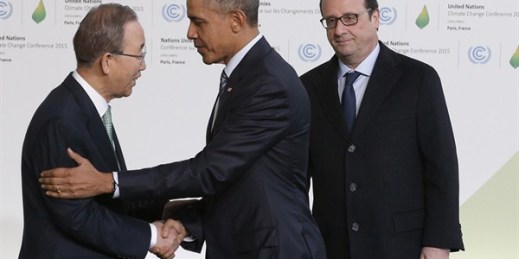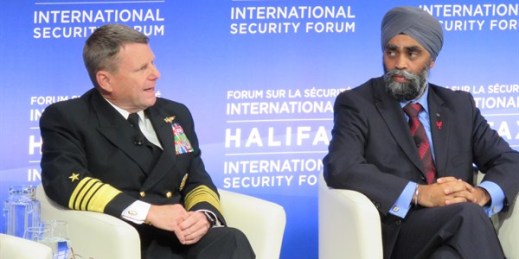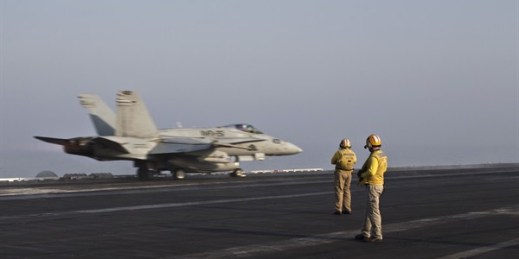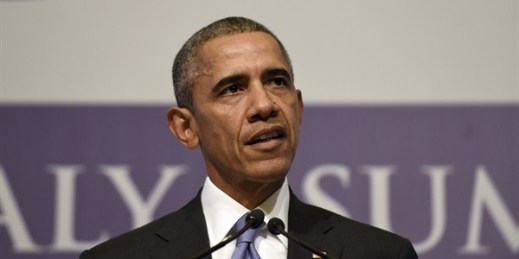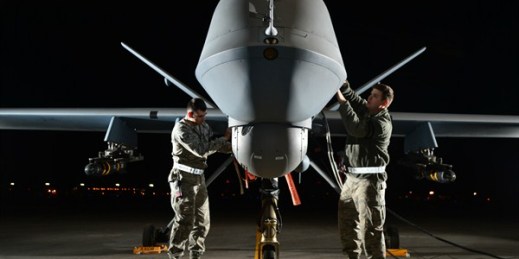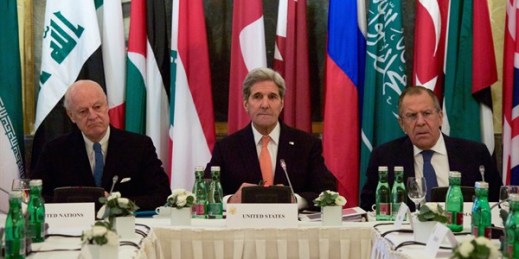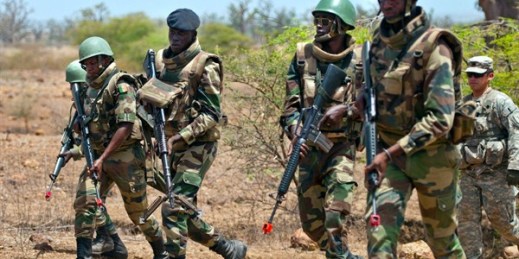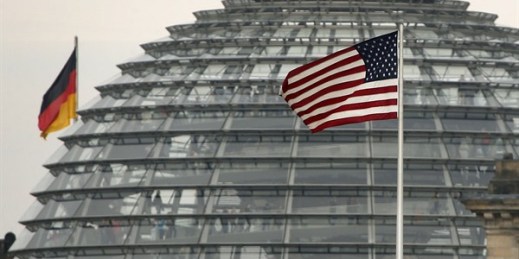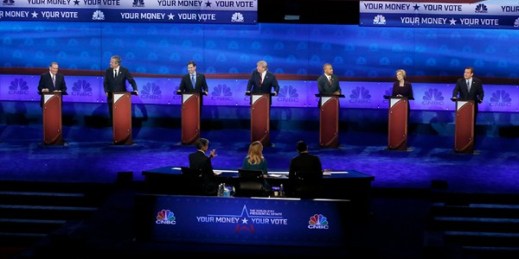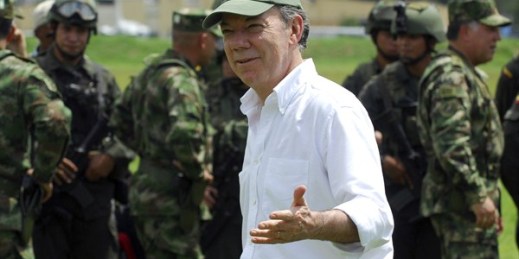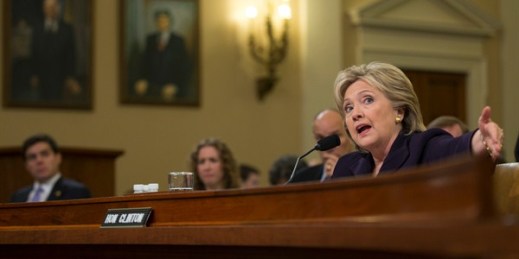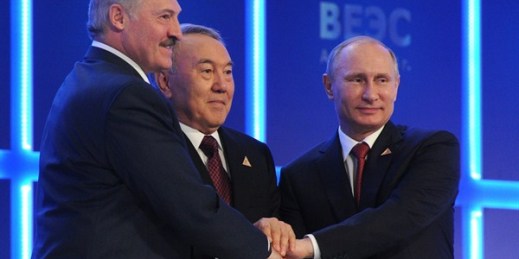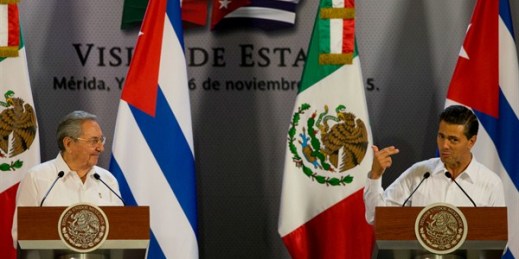
With his state visit to Mexico earlier this month, Raul Castro took a major step forward in rebuilding Cuba’s relations with the country in Latin America that is most important to the United States. For Mexican President Enrique Pena Nieto, the summit marked the culmination of his efforts to repair relations with Cuba after a decade of antagonism precipitated by Mexico’s conservative governments led by the National Action Party, or PAN, beginning with the presidency of Vicente Fox from 2000 to 2006. Historically, Pena Nieto’s Institutional Revolutionary Party, or PRI, had maintained friendly relations with Cuba’s revolutionary government after 1959. […]

